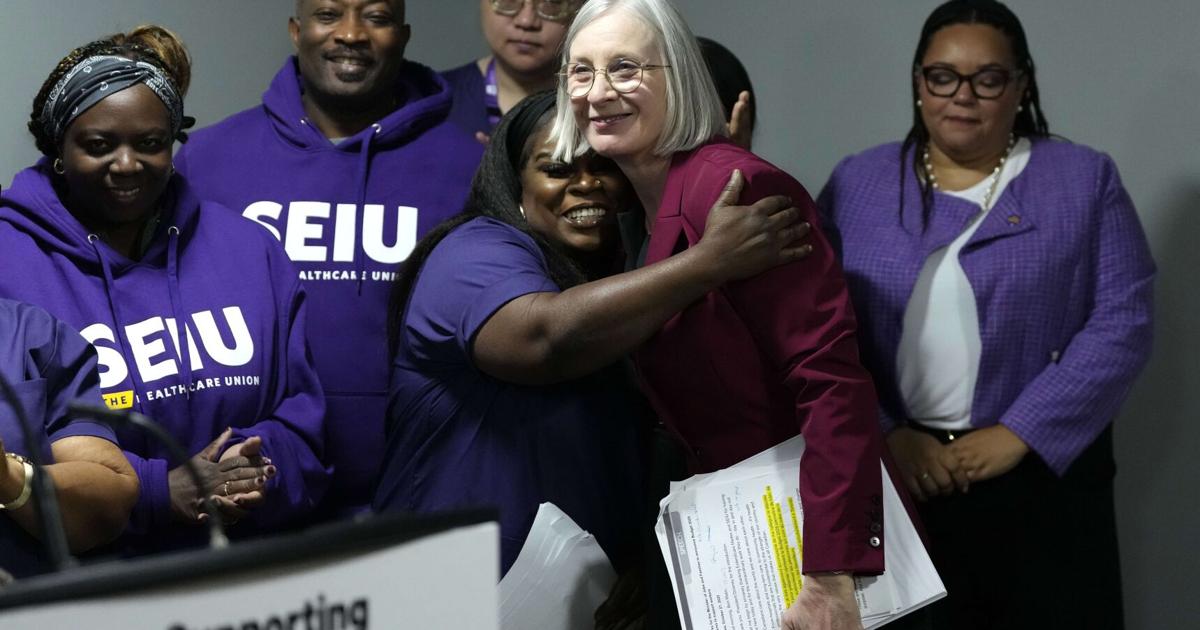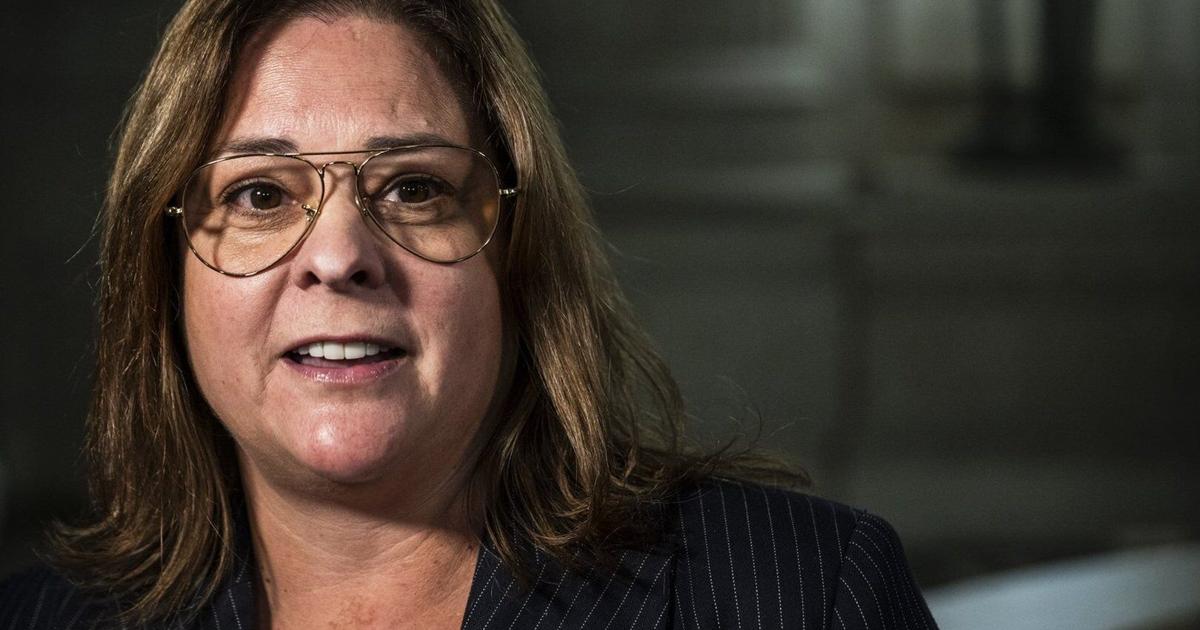The federal government will spend $97 million over the next five years helping workers trained in foreign countries to get their credentials recognized in Canada, and says it will give an additional $75 million to expand a fund that supports union-based apprenticeship training in skilled trades.
The Foreign Credential Recognition Action Fund will be included in next week’s federal budget, and was announced Monday by federal Jobs Minister Patty Hajdu and Secretary of State for Labour John Zerucelli.
The fund will be paid for out of existing government money and doesn’t represent increased spending.
In an interview, Zerucelli said that allowing people with foreign training to have their credentials recognized in Canada will help boost the economy, as well as help solve shortages in medical professions and skilled trades.
“We’re putting our money where our mouth is to try to incentivize something that’s really, really important for our economy,” said Zerucelli. “We want people with the training and expertise to be working to their full potential.”
The money is welcome news, but won’t solve the issue of underemployed immigrants on its own, said Shamira Madhany, managing director for World Education Services Canada, a non-profit organization that provides credential evaluations for people who have studied outside of Canada.
Even more vital than money, said Madhany, is getting all levels of government — and provincial accreditation bodies — pulling in the same direction.
“You end up with a situation where the federal government says, ‘but this is provincial jurisdiction,’ and the provinces say, ‘but we need more money,’ and then the licensing bodies say, ‘but, you know, we want to have making of standards,’ ” said Madhany. “What I would be looking for is a pan-Canadian approach.”
The federal government recruits skilled immigrants to come to Canada, but then those immigrants see their credentials turned down by individual provinces or regulatory bodies, something Madhany said is a waste at a time when many Canadians are struggling to find a doctor.
“Who’s going to fill our labour shortages? We know it’s immigrants and highly skilled immigrants,” said Madhany. “So if you don’t leverage those skills, you end up with this continuous kind of circling around, and doctors and others in the health professions driving Ubers.”
Earlier this month, the Ontario government announced a new requirement that foreign-trained doctors need to have attended an Ontario-accredited high school for at least two years to be considered for a medical residency at a hospital in the province.
Zerucelli acknowledged that credential recognition is largely a provincial responsibility, but said more precise details of how the fund will work are coming in next week’s budget.
The government will also be spending an additional $75 million over three years to increase the Union Training and Innovation Program (UTIP), which supports union-based apprenticeship training in skilled trades. The new money doubles the size of the program, Zerucelli noted, bringing the number of apprentices trained in the skilled trades each year under the program to 12,500.
The increased training money will help mitigate a shortage of people trained in the skilled trades — a gap that is expected to grow over the next decade, Zerucelli said.
“We’re going to need a million and a half skilled-trades workers over the next 10 years. So we need we need every avenue to train people, particularly given what Prime Minister Carney is up to,” said Zerucelli, referring to the PM’s push for more infrastructure construction as a way of mitigating the economy fallout from U.S. President Donald Trump’s trade war.
The government also announced it will introduce legislation aimed at lessening the use of noncompete clauses in contracts for workers in federally regulated sectors, including finance and transportation. The government also announced a temporary federal tax credit of up to $1,100 for personal support workers.
Both the UTIP funding increase and the tax credit were campaign promises by the Liberals during the federal election earlier this year.



